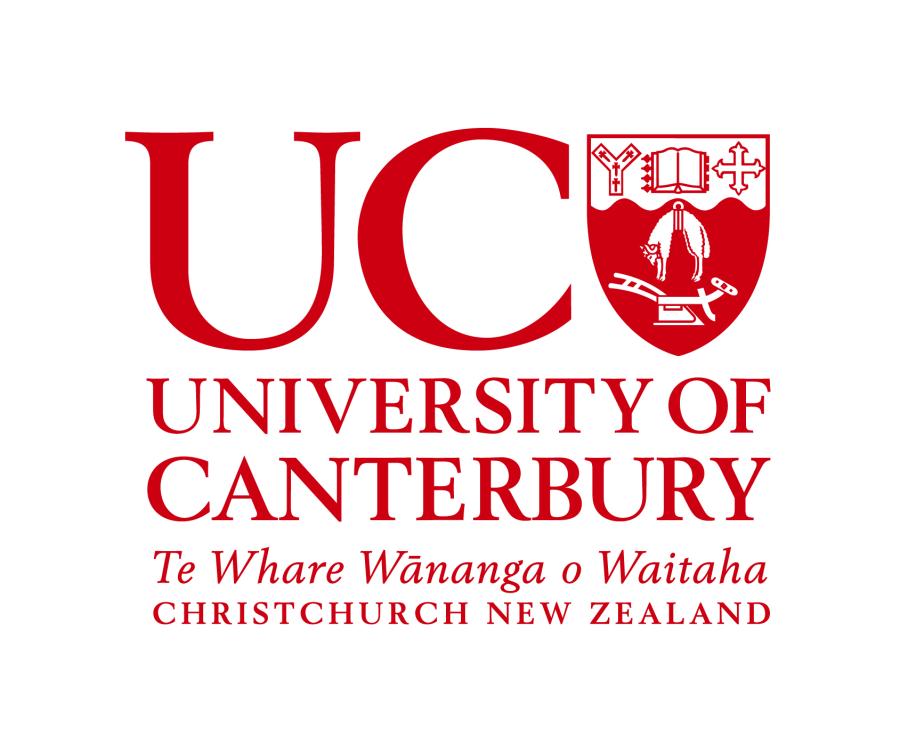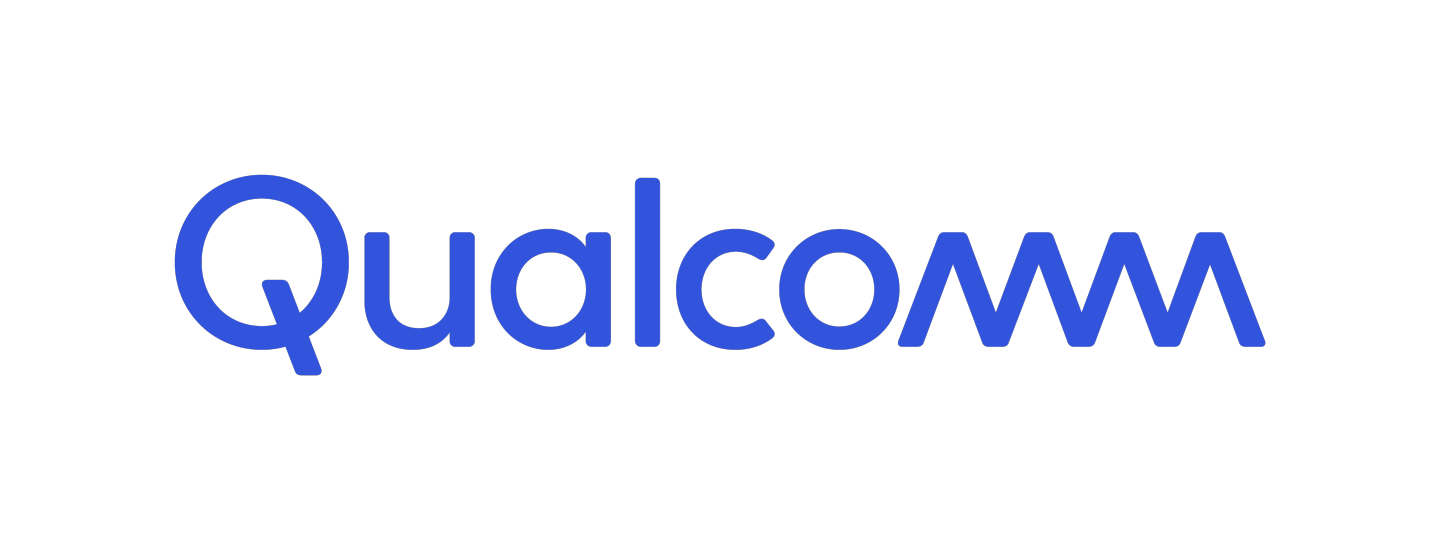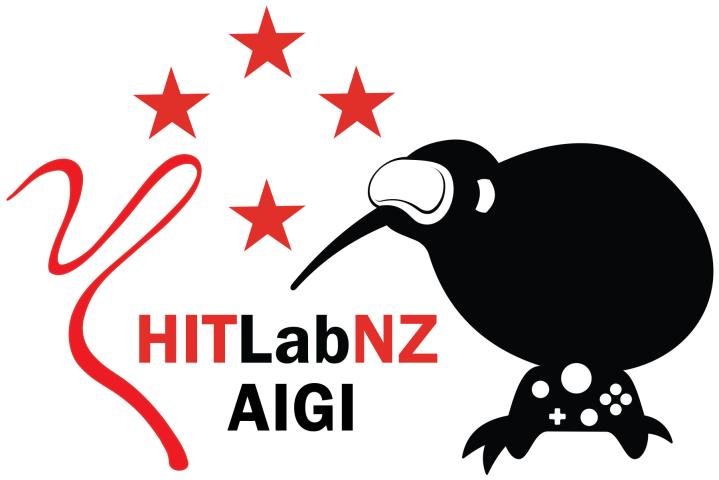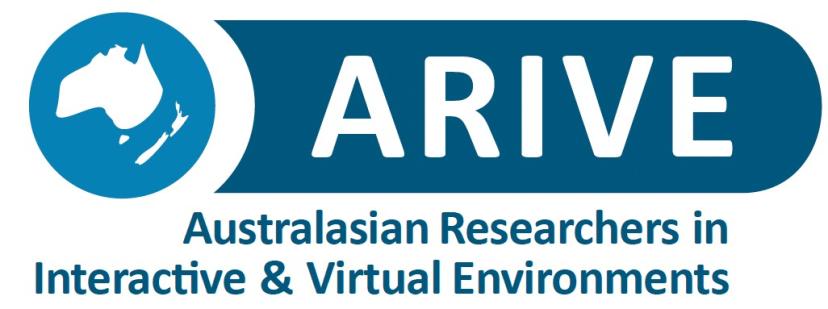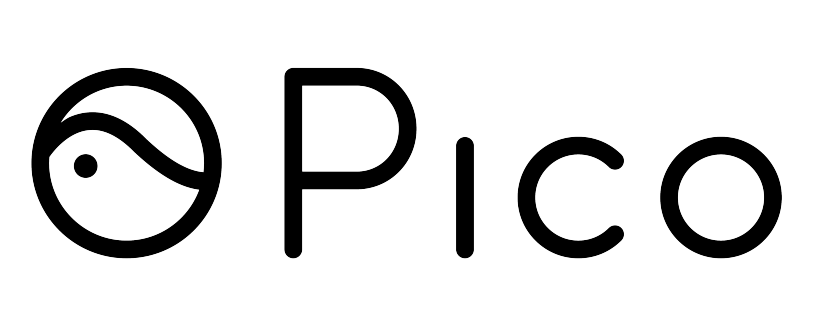
Panels
| Planning a Virtual Experience Research Accelerator (VERA) | Tuesday, March 15, 9:30 - 11:00 |
| The Past, the Present, and Visions for the Future of IEEE VR | Wednesday, March 16, 9:30 - 11:00 |
Panel 1: Planning a Virtual Experience Research Accelerator (VERA)
Tuesday, March 15, 9:30 - 11:00, NZDT UTC+13
Moderators:
Greg Welch - University of Central Florida, USA
Panelists:
Greg Welch - University of Central Florida, USA
Tabitha Peck - Davidson College, USA
Valerie Jones Taylor - Lehigh University, USA
Gerd Bruder - University of Central Florida, USA
Jeremy Bailenson - Stanford University, USA
Discord URL: https://discord.com/channels/842181663248482334/951019343548936192
We are writing a proposal for a U.S. National Science Foundation grant in the CISE Community Research Infrastructure program. Our vision over a three-year timeframe is to build an ecosystem (i.e., hardware, software, and people) to support the VR community in carrying out scaled research within virtual reality. In the same way Mechanical Turk revolutionized survey methodology, we plan to instantiate the vision of Jim Blascovich, who 20 years ago proposed to use the immersion of VR to run experiments which maximize mundane realism (i.e. participants are actively doing something while embodied in a realistic scene, and researchers can measure that behavior) while keeping strict experimental control, and to collect large, representative samples which can then be instantly replicated across the globe.
We have put together a team of technologists, psychologists, and diversity scientists, with expertise in human-subjects research in VR, and in conducting research with underrepresented populations, including women and communities of color. Virtual reality research has suffered from two major problems - the samples have been small and convenient. While other research has migrated to online platforms to increase scale and representativeness, VR lags behind. This proposal seeks to drastically improve VR research to mitigate these issues. Moreover, there has been an inherent inefficiency where XR researchers continually "rebuild the wheel" instead of sharing modules, models and other experimental tools. By allowing scholars to share these resources, we expect to create synergy between the VR ecosystem and scholars, practitioners, and students from non-VR communities.
This panel will present our team's vision, including opportunities for community participation, and then open up for discussion.
Panel 2: The Past, the Present, and Visions for the Future of IEEE VR
Wednesday, March 16, 9:30 - 11:00, NZDT UTC+13
Moderators:
Regis Kopper - University of North Carolina, Greensboro, USA
Victoria Interrante - University of Minnesota, USA
Panelists:
Joaquim Jorge - University of Lisbon, Portugal
J. Edward Swan II - Mississippi State University, USA
Katharina Krösl (tentative) - VRVis Center for Virtual Reality and Visualization, Austria
Bill Sherman - National Institute of Standards and Technology, USA
Liv Erickson - Mozilla, USA
Discord URL: https://discord.com/channels/842181663248482334/951019455981432882
Our collective experience over the past three years of virtual IEEE VR conferences has had upsides and downsides. For some, attendance has never been easier or more affordable; for others, missed opportunities to make personal connections weigh heavily, while time zone incompatibilities and competing local commitments have made full engagement difficult. As we look optimistically forward to our post-pandemic future, we hope this panel can provide an opportunity for our community to reflect on the past and brainstorm about what we would ideally want IEEE VR to look like 3 or 5 or 15 years from now.
This panel will begin with short talks on the retrospective and recent history of the IEEE VR conference, and on the opportunities and challenges inherent in holding virtual meetings, with an eye towards the potential consideration of future hybrid events. Break-out sessions will be organized to facilitate audience discussion and solicit community input into decisions about our conference's future.
Panelists and audience members will be encouraged to consider questions like: If we do decide to "go hybrid", what should we be keeping in mind? How can we best continue to broaden accessibility in the fullest possible sense, while not breaking things that have historically worked well? What are some of the most important research questions we should be considering as we think about optimal models for the future, and what can we learn from the experiences of others as well as our own?





